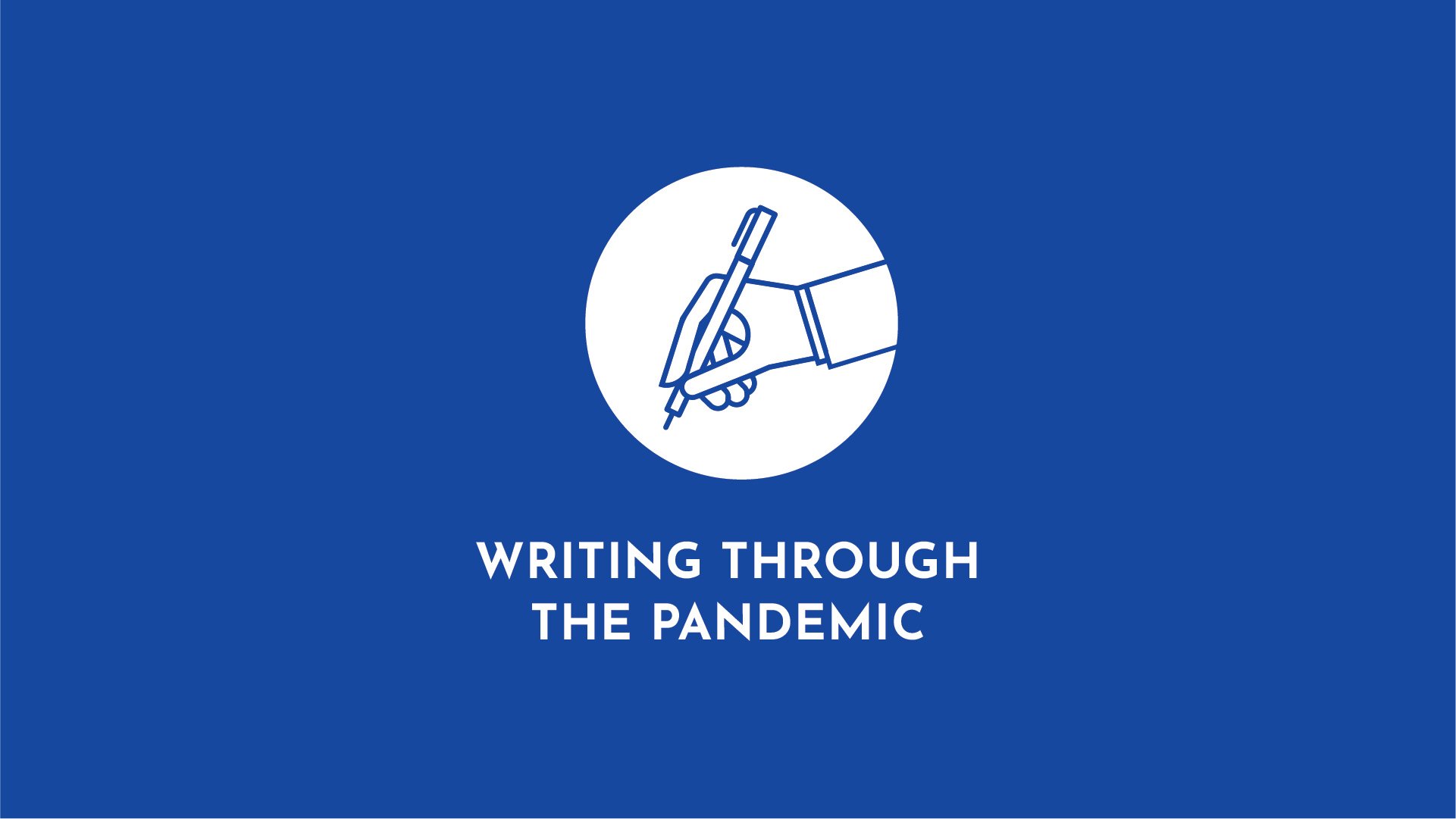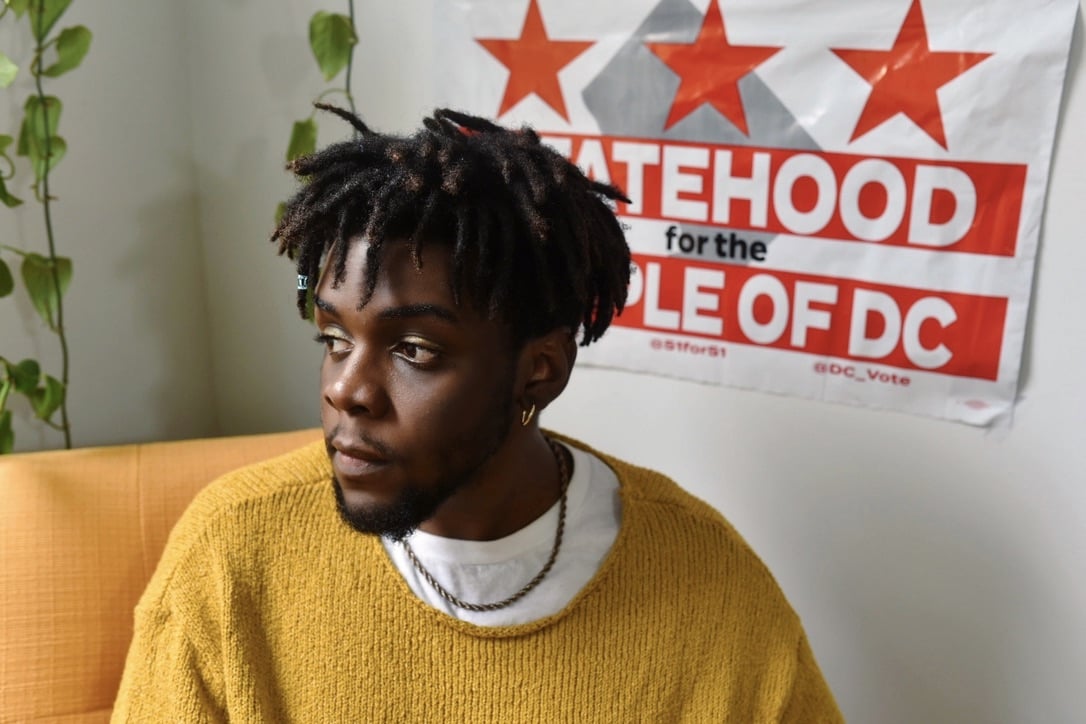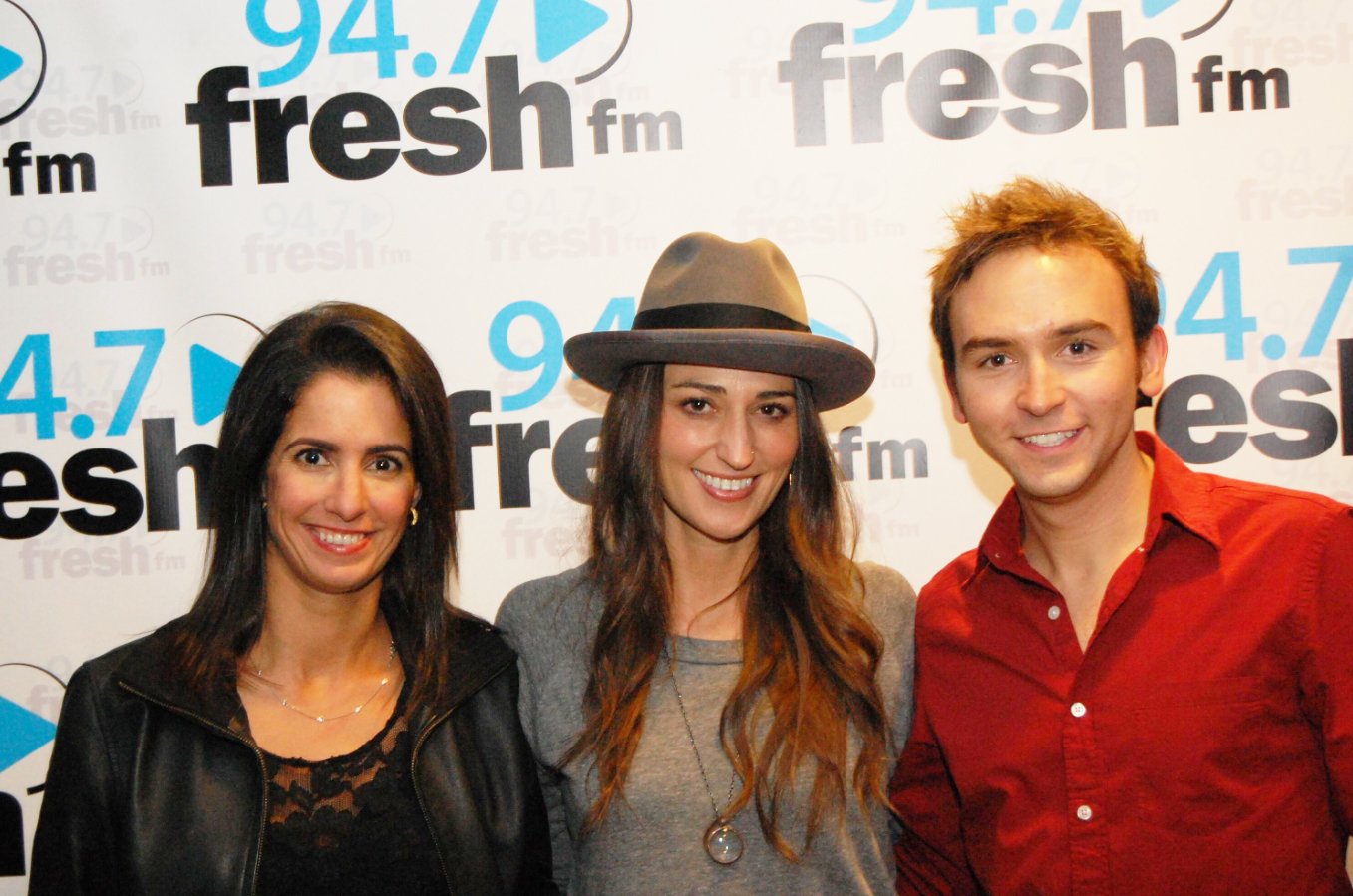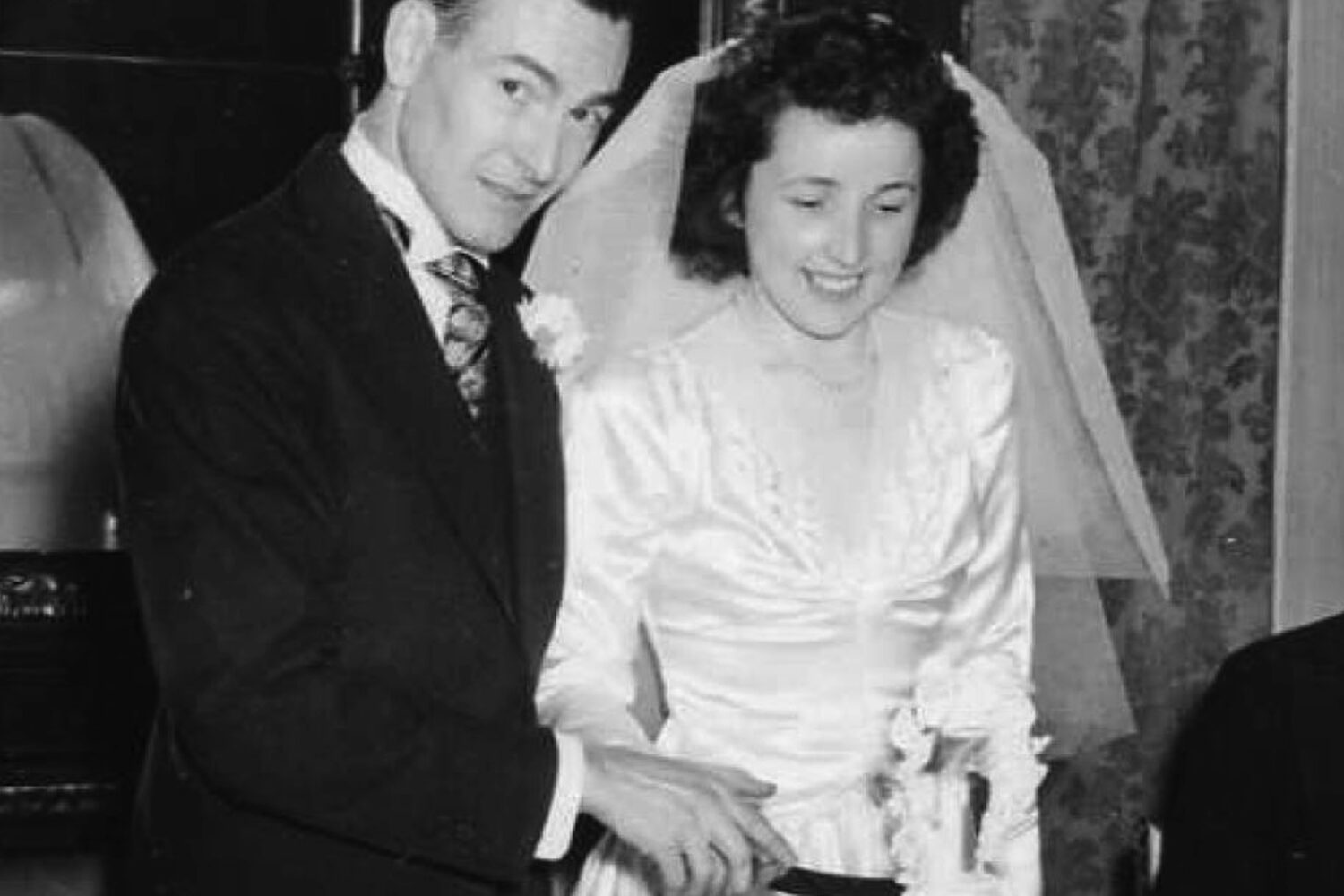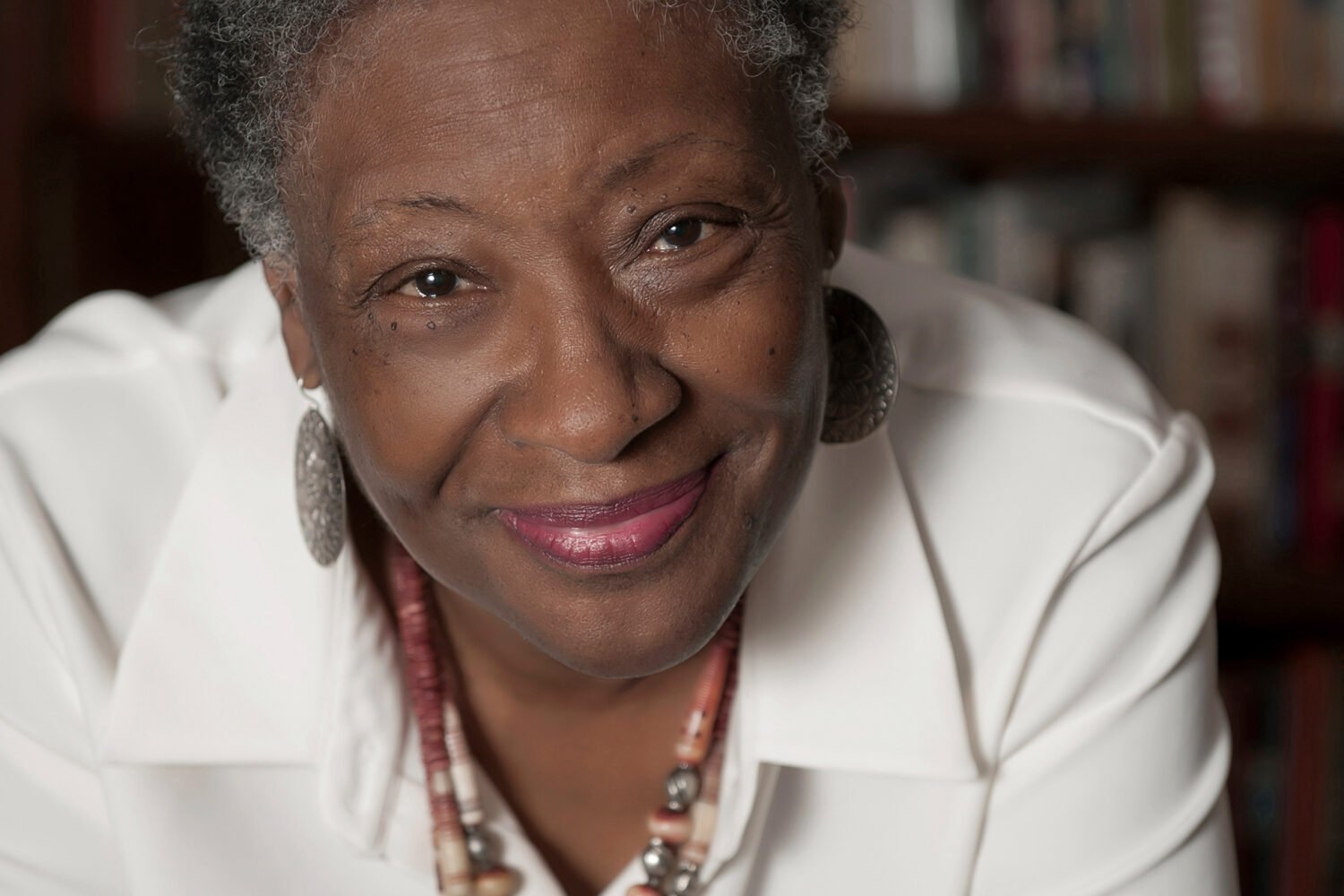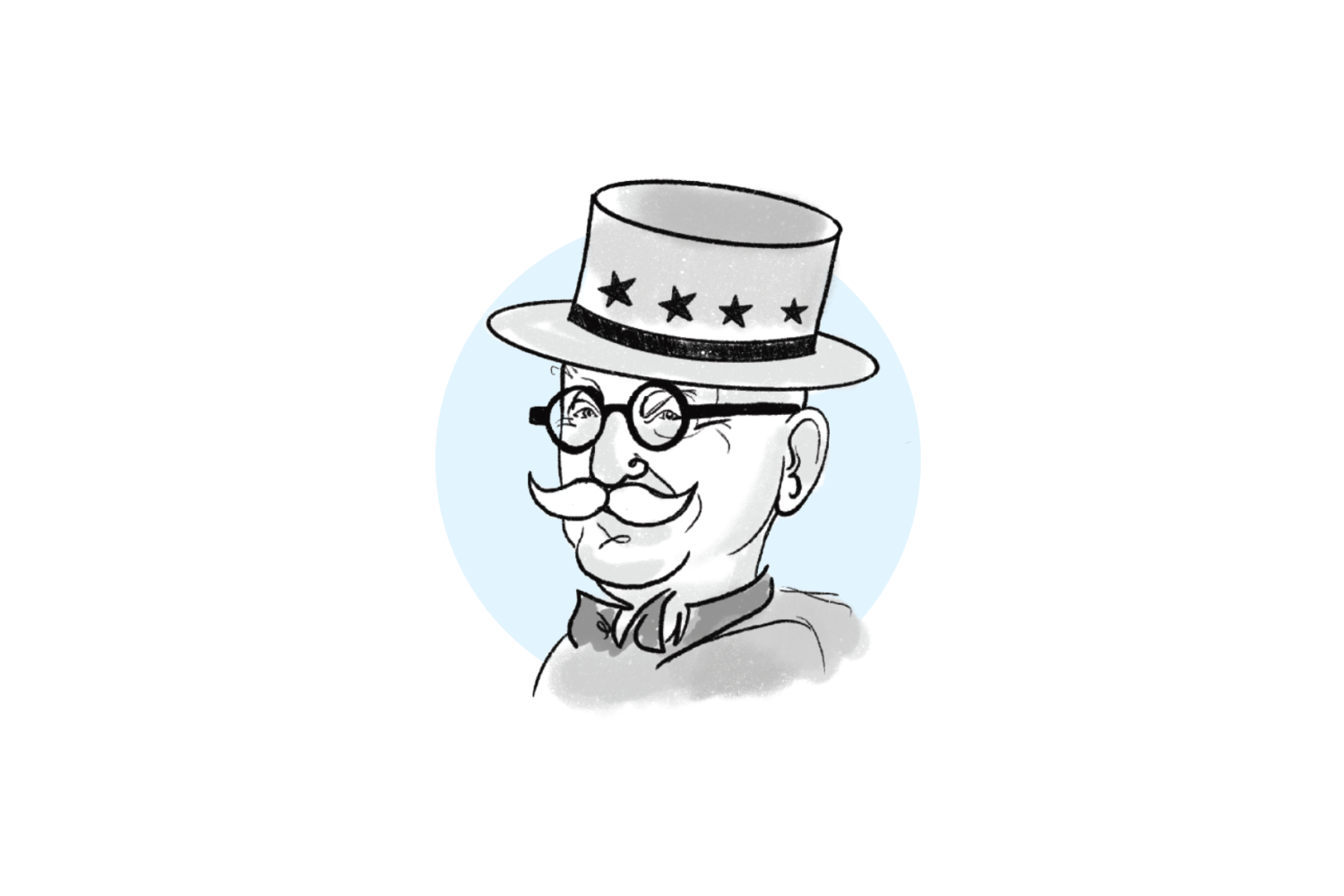About Coronavirus 2020
Washingtonian is keeping you up to date on the coronavirus around DC.
We asked Washington writers to share stories, poems, drafts, musings, and other things they’ve been working on during the pandemic. Today, an essay by Andrea Jarrell, author of the memoir I’m the One Who Got Away.
My father needs me. No doubt about it. He’s alone out there in Vegas. The Strip and the casinos are dead. He still goes to Starbucks daily wearing his bandanna tied tight around his face. He drives his Mustang like the bandit he’s always been. Drives and drives into the desert. I can’t bear to think of him alone.
So why don’t I call?
Before Covid-19, I’d promised to visit. I’d promised to write his stories down before it was too late. I understood his urgency. Because I understand what it’s like to feel stories inside you flapping like birds wanting to get out. They knock against your rib cage for years as if flying into windows and glass doors with startling thwaps and thuds. Sometimes they settle down, but then they start up again due to a big birthday, a New Year’s resolution, a pandemic.
My father turned 81 just before Covid. He talks about living 10, even 20 years more, but he wants to get his stories down now. I’m the writer in the family, so he’s turned to me. And he’s got good stories to tell.
Even after the country started reopening, I imagined weekly Zoom sessions in which he’d tell me about meeting the Beatles, breaking into Hollywood, bullfighting in Mexico, playing for the Pirates AAA team, sleeping on Sammy Davis Jr.’s couch, and learning from Sinatra.
So why don’t I call?
The irony is that when I finally learned to free my own stories, so many were about my father. After my memoir came out, he didn’t speak to me for a year. I didn’t push. He had every right to his feelings. I sent the regular birthday and Father’s Day cards. Then one day, he called again. It felt like a gift to be past his hurt.
So why don’t I call?
The Tuesday before lockdown, I went to a 12 Step meeting. During the sharing, one man said, “I don’t want to sound morbid, but when I go to sleep at night, I think, I’m okay with dying.” He said he felt clean with the people in his life. He felt clean with God.
People looked into their laps when he said it. Maybe they were thinking of the children, spouses, and elderly parents counting on them to stay alive. Maybe they were asking themselves if they were ready. Maybe, because death was literally in the air, they felt it was tempting fate to talk of such things.
I had to agree with him, though. I felt ready. And I knew just when that readiness had happened. It was after my “someday.” The someday I finally published my book.
My father wants his someday.
Since the pandemic hit, I seem to be helping everyone but him get their stories out—reading, editing, encouraging the friend with her historic Old West novel, the young Army officer with his first blog post, a nursing school’s coronavirus dispatches, a marketing executive writing about her son, a group of college alumni anticipating their 50th reunion.
A novelist friend once told me that when she first started writing, she knew she had stories inside her, but she had no idea how to get them out. She went to one of her teachers like a patient to a doctor and said: Help me.
My father needs me. So why don’t I call?
Because every time I think I’m ready to give him the assistance he needs, I worry about spending the time with him. I worry that I’ll get mad at him all over again. The way I was mad at him for most of my life—all those fluttering stories beating against my chest. Because it took years before I could finally love him again. Since I wrote my memoir, I’ve loved him as if tending a leafy plant. Believing that if I care for him without wanting anything from him, I can’t be hurt. But maybe I’m not as enlightened as I’d like to believe.
As the weeks have gone by during our collective isolation, I admit to feeling less ready to die. My father’s out there in the desert and he is so parched while my cup is so full. Who else will help him if not me?
I keep telling myself that my only job is to witness his life, to shepherd his stories. All I need to do is listen. Just record him. Just be a scribe. All I need to say is tell me a story.

